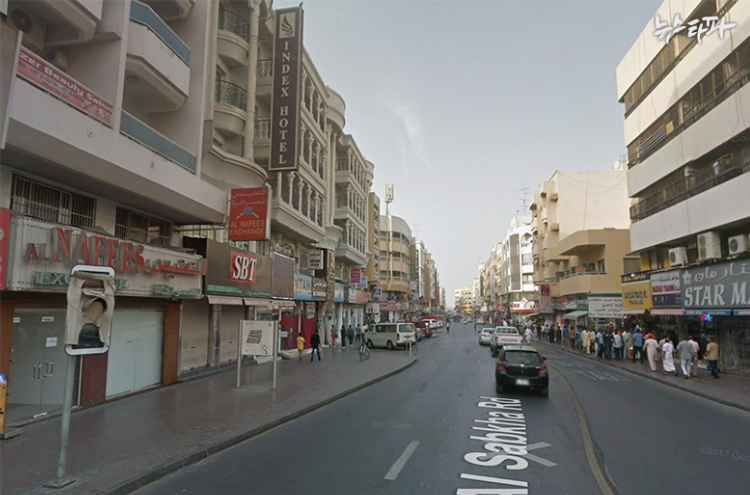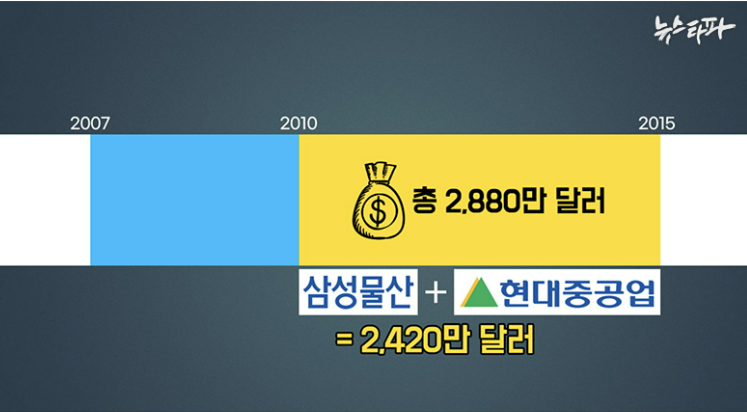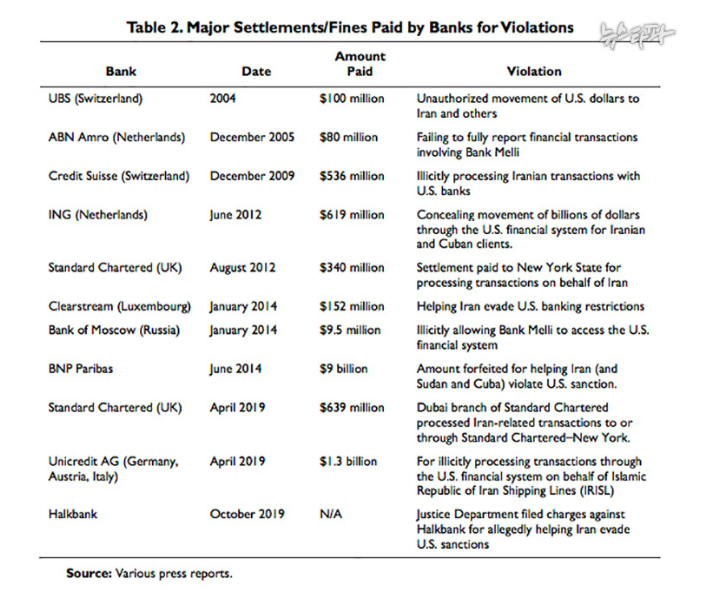


| Reporting | Yongjin Kim, Wooram Hong, Jiyoon Kim |
| Video Reporting | Hyoung-seok Choi, Hyeong-min Jeong, Jun-sik Oh |
| Video Editing | Seok-min Yoon |
| CG | Dong-woo Jung |
| Design | Do-hyeon Lee |
뉴스타파는 권력과 자본의 간섭을 받지 않고 진실만을 보도하기 위해, 광고나 협찬 없이 오직 후원회원들의 회비로만 제작됩니다. 월 1만원 후원으로 더 나은 세상을 만들어주세요.